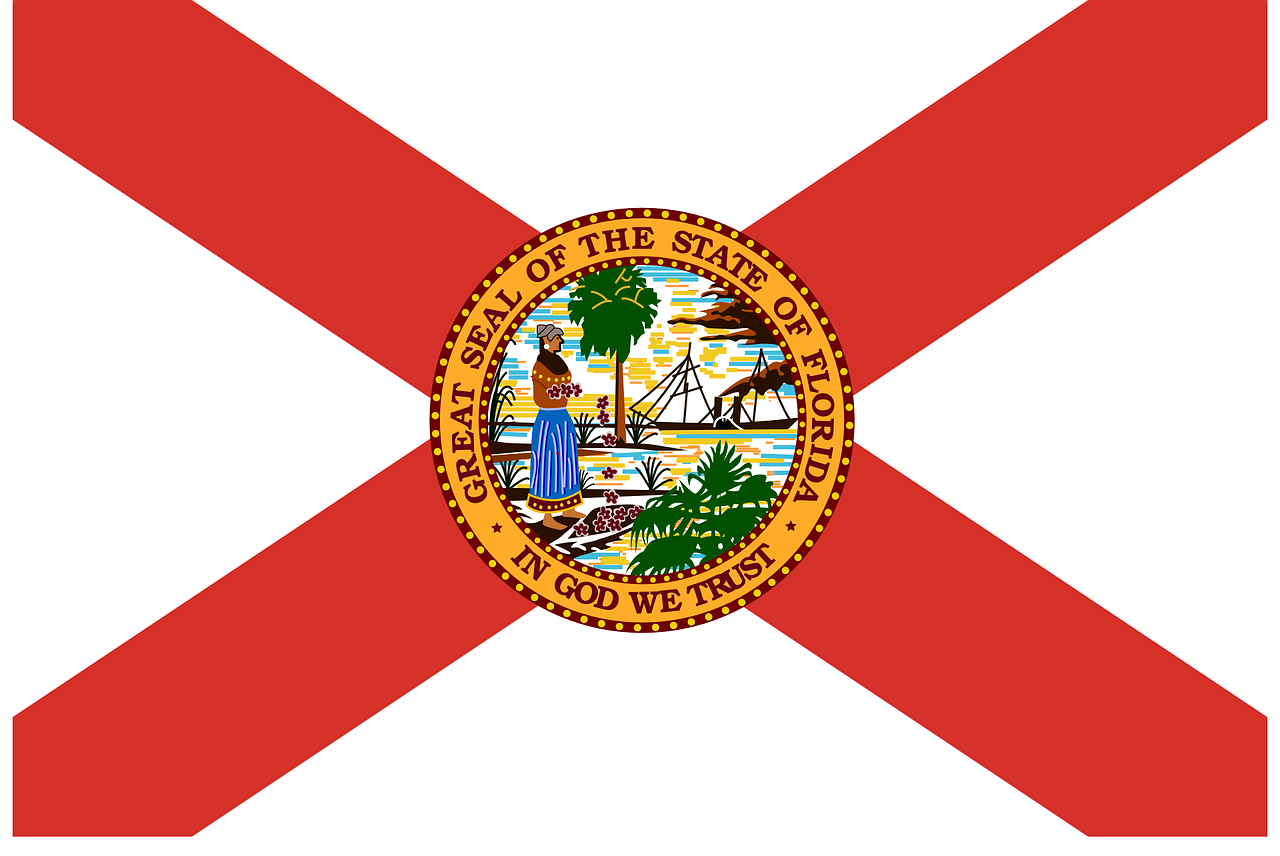Passed: Amendment 2, legalizing the use of medical marijuana.
Tabling in the University Center Breezeway, University of Miami students have been campaigning on campus for several months leading up to this election. Students for Sensible Drug Policy (SSDP) was created on-campus by alumnus Colin Fitzgibbon, who interned with the organization after he graduated in 2013 with a degree in anthropology.
Fitzgibbon is now the Florida campus coordinator for SSDP, overseeing the more than 15 chapters across the state and recruiting students to help push more flexible drug policies.
“I have the administration of UM to thank,” Fitzgibbon said of the impetus behind his activism. He said he was caught and disciplined for having a small amount of cannabis in his on-campus dorm.
“Our biggest goal is to reduce the harms caused by drugs. And the laws against drugs are more harmful than the actual drugs,” he said.
Fitzgibbon described the policies that SSDP promotes as defending “fundamental human rights” of people who are ill to have access to the healing and medical agents in cannabis.
After Amendment 2 passed, Fitzgibbon said the organization’s goals will shift to improve the “partial amnesty” rule UM administration have in place. This rule, also known as the “good Samaritan” pardon, allows students to call for help if a friend is in a life-threatening situation caused by illegal substances without any repercussions for involvement. However, the “partial amnesty” comes into play if the situation were to reoccur. Then it would be up to the discretion of the university whether or not to impose sanctions.
Another initiative, Fitzgibbon said, is getting more drug-testing kits on campus for students to use at events such as Ultra Music Festival, where a UM student died in the spring after overdosing. These kits allow users to test drugs for purity in settings where drugs are often laced with dangerous substances or “grossly misrepresented.”






